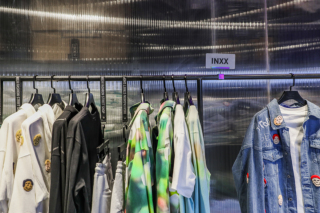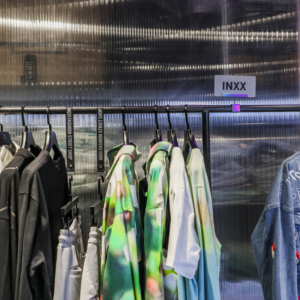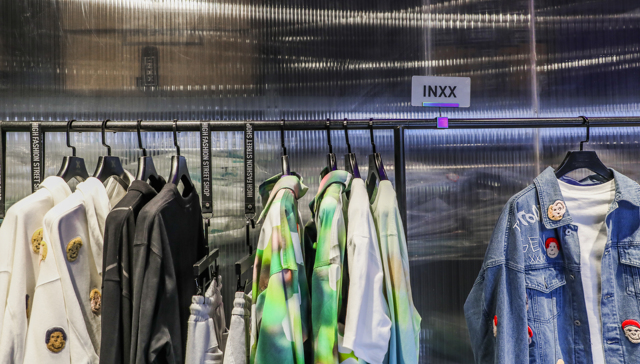By CHEN Qirui
From October 26 to 28, industry leaders and experts convened for the “Integral Conversation,” an event spearheaded by Hong Kong's Esquel Group. Before the majestic backdrop of Guilin’s mountains, discourse centered on a critical question: is eco-fashion destined to be more expensive than its conventional counterpart?
Old-fashioned elitism
Esquel Group, a cotton textile enterprise spanning farms to shirt manufacturing, has emerged as a frontrunner in the sustainable fashion industry. Collaborating with Nike, Abercrombie & Fitch, and Ralph Lauren, the conglomerate exemplifies sustainable practices in mainstream fashion.
The inaugural "Integral Conversation" in 2014 was a platform to for values and technologies. The event propelled awareness and forged a sense of collective identity.

The debate over elitism looms large. Critics argue that comprehension of sustainable issues requires a higher level of education. And sustainable products are usually a lot pricier, breeding snobbery against those who opt for the most affordable alternatives.
Vice Chairman of Esquel, Teresa Yang contends, "I don't believe that costs must invariably rise under the banner of sustainable development."
Sustainability can be expensive
While certain brands may label themselves sustainable for marketing purposes, higher prices can be justified by various factors beyond production costs.
Esquel Group brand "Pai" introduced technology in shirt production without raising prices. Waterless dyeing replaces traditional water-intensive dyeing methods with organic solvents. It reduces oil, electricity, and water consumption.
But adoption comes at a cost, in terms of R&D and production scale. For smaller brands, sustainability can be expensive.
Potential to revolutionize fashion
Esquel Group's model is viable only under specific conditions. Production quality and achieving viable returns on increased costs play the same role here as they do anywhere.
As Yang said: "We cannot compel customers to adopt a particular approach. We can merely share our experiences and demonstrate the feasibility of these practices."
Sustainable practices have the potential to revolutionize the fashion industry, but the path forward must traverse the complexities of costs, efficiency, and image. The debate over whether eco-fashion must come at a premium is still evolving.





